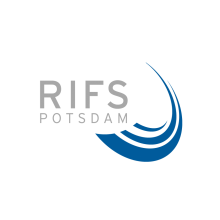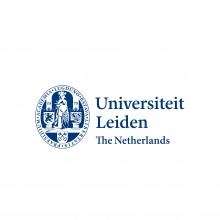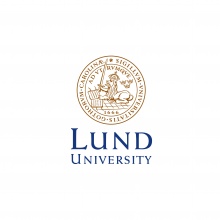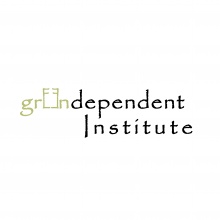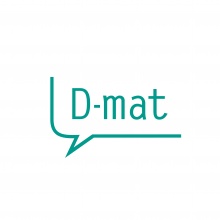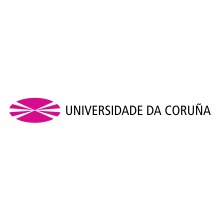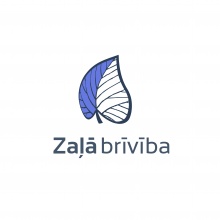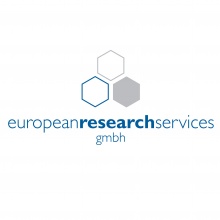A successful sustainability transformation depends on an inter- and transdisciplinary knowledge as well as a strong coalition of actors, given the barriers to change existing both at the national and international level. As the EU 1.5° Lifestyles team, we are therefore extremely interested in liaising and collaborating with projects and actors pursuing similar goals across the world. We aim to support each other via exchanges about methods and insights and to develop joined communication and dissemination strategies. We are currently in the process of starting the collaboration with our “sister projects” funded under the same Horizon 2020 call: FULFILL and CAMPAIGNers. But we will continuously expand the network throughout the duration of our project. If you are interested in collaborating with us, please contact us at: info@onepointfivelifestyles.eu. We’d love to hear from you!
FULFILL
The proposed project FULFILL takes up the concept of sufficiency to study the contribution of lifestyle changes and citizen engagement in decarbonising Europe and fulfilling the goals of the Paris Agreement. FULFILL understands the sufficiency principle as creating the social, infrastructural, and regula-tory conditions for changing individual and collective lifestyles in a way that reduces energy demand and greenhouse gas emissions to an extent that they are within planetary boundaries, and simultaneously contributes to societal well-being. The choice of the sufficiency principle is justified by the increasing discussion around it underlining it as a potentially powerful opportunity to actually achieve progress in climate change mitigation. Furthermore, it enables us to go beyond strategies that focus on single behaviours or certain domains and instead to look into lifestyles in the socio-technical transition as a whole. The critical and systemic application of the sufficiency principle to lifestyle changes and the assessment of its potential contributions to decarbonisation as well as its further intended or unintended consequences are therefore at the heart of this project. The sufficiency principle and sufficient lifestyles lie at the heart of FULFILL, and thus constitute the guiding principle of all work packages and deliverables.
CAMPAIGNers
The EU-funded CAMPAIGNers project aims to revolutionise the way lifestyle transformation research is conducted and how it informs policies.
CAMPAIGNers builds on previous consortium-led projects that substantially improved the understanding of societal structures and interventions that encourage lifestyle shifts, and identified limitations to the existing evidence-base. Namely, current lifestyle transformation research is either limited to narrow, specific contexts or groups, or deals in hypothetical behaviours where most citizens do not have real experiences to draw on.
CAMPAIGNers’ ground-breaking approach overcomes these drawbacks by implementing a ‘goal-setting network’, where over 100,000 citizens receive and create challenges to try out tailored adaptations to their daily routines via an engaging app. Their responses to these challenges, associated treatments, and short questionnaires will deliver unprecedented data of behavioural processes, (local) barriers to change, and motivators, allowing for empirically-based scientific support of cities in crafting policies to encourage low-carbon lifestyles.


